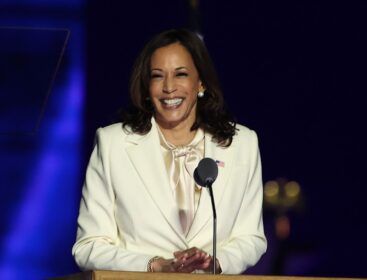Supreme Court Rules Against Reimbursement for Bankruptcy Fee Disparity
The U.S. Supreme Court decides bankrupt companies are not entitled to reimbursement for bankruptcy fee disparities from 2018 to 2020, stating taxpayers shouldn’t bear the cost. Learn more about the ruling and its implications.
United States, Bollywood Fever: The U.S. Supreme Court ruled on Friday that bankrupt companies are not entitled to reimbursement for a disparity in bankruptcy fees that existed from 2018 to 2020. The decision means U.S. taxpayers will not be responsible for refunds that could total hundreds of millions of dollars.
In a 6-3 opinion, the court stated that Congress had intended to raise bankruptcy fees uniformly and had already corrected the disparity by increasing rates in two states that briefly charged lower fees. Issuing refunds to debtors in the other 48 states, where 98% of large bankruptcies were filed, would cost taxpayers $326 million and cause “extreme disruption” to bankruptcy courts across the country, Justice Ketanji Brown Jackson wrote for the majority.
The issue arose from a 2017 law that increased the quarterly fees large companies pay to fund the U.S. Trustee, the Department of Justice’s bankruptcy oversight program. However, North Carolina and Alabama, which opted out of the U.S. Trustee program, did not impose the matching fee increase in their bankruptcy courts, leading to a disparity that the Supreme Court ruled unconstitutional in 2022.
While the earlier Supreme Court ruling did not address whether fees should be refunded, several courts of appeals have ruled that debtors are entitled to refunds. This led the Justice Department to seek Supreme Court review of a $2.5 million refund awarded to John Q. Hammons Hotels & Resorts. The bankrupt hotel company, which filed for Chapter 11 protection in 2016 in Kansas, paid the higher bankruptcy fees after 2017.
Justice Neil Gorsuch, joined by Justices Clarence Thomas and Brett Kavanaugh, dissented, arguing that the disparate fees were unconstitutional and that “refund is the traditional remedy for unlawfully imposed fees.”
“What’s a constitutional wrong worth these days? The Court’s answer today seems to be: not much,” Gorsuch wrote.
The case is Office of the United States Trustee v. John Q. Hammons Fall 2006 LLC, U.S. Supreme Court, No. 22-1238.
Also Read, Heavy Rainfall in South Florida Prompts Flood Warnings and Travel Disruptions
Louisiana Man Arrested in Connection with Triple Tragedy and Possible Human Trafficking Case












